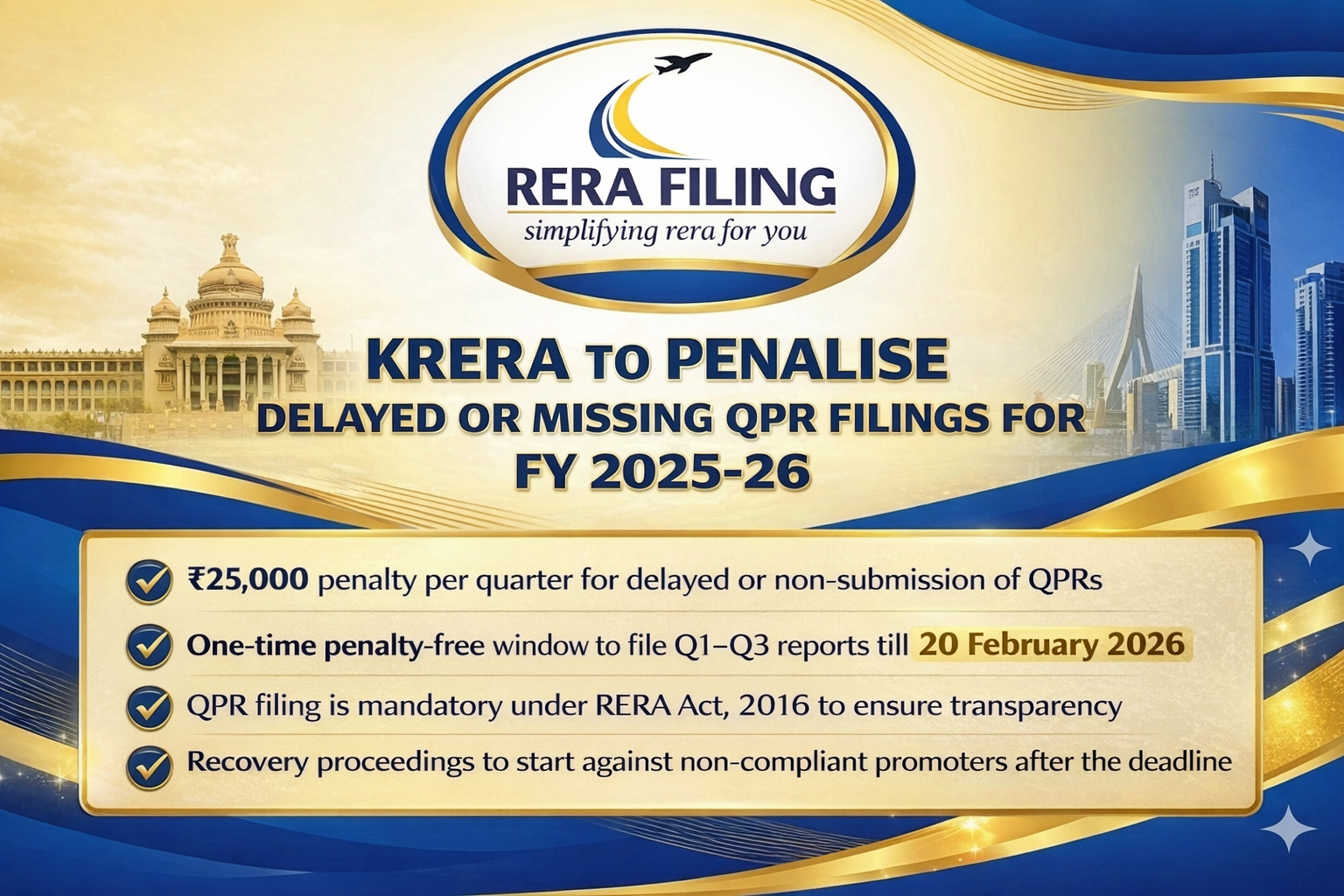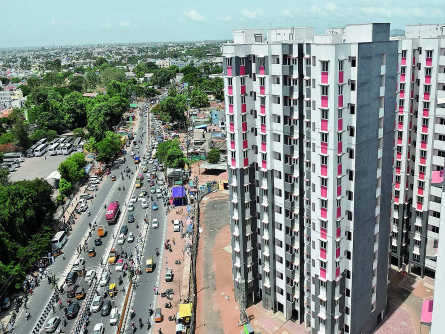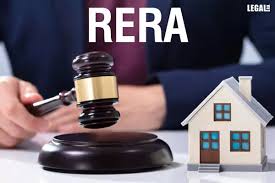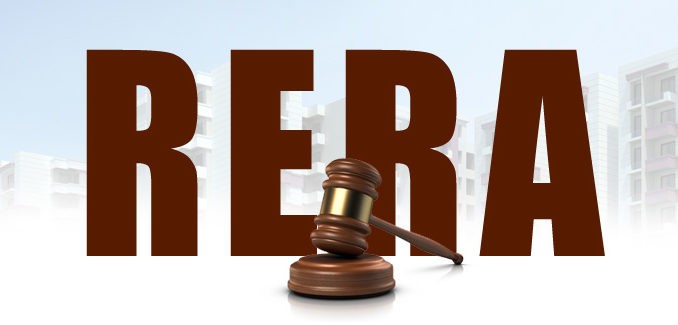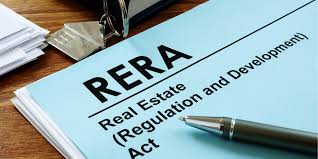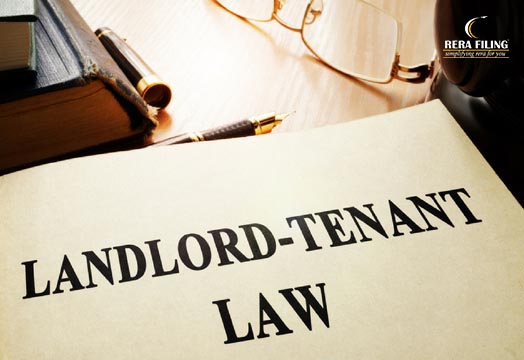
- General
- Saturday 11th May 2019
- Author: Shreya Uppal
Highlights
-
The Central Government can extend the limits of this act to any other urban area by specifying through the Notification in the Official Gazette.
-
The main purpose of introducing the Rent Control Act, 1948 in India is to protect the rights of tenants, give them security and restricts the landlords in their ability to evict their tenants.
-
The circumstances under which a tenant can be evicted are mentioned below, but in those cases also the landlord has to make an application to the Controller for the recovery of the possession on the below mentioned grounds.
The main purpose of introducing the Rent Control Act, 1948 in India is to protect the rights of tenants, give them security and restricts the landlords in their ability to evict their tenants. This Act has been designed for each and every state in India separately. Therefore, here we are discussing some significant points of the Delhi Control Act, 1958.
1. Jurisdiction- It extends to the areas included within the limits of the New Delhi Municipal Committee and the Delhi Cantonment Board and to such urban title, extent areas within the limits of the Municipal Corporation of Delhi as are specified in the First Schedule and the Central Government can extend the limits of this act to any other urban area by specifying through the Notification in the Official Gazette.
2. Defining important terms in the Act
(a) Landlord- A person who is either being entitled to receive the rent (trustee, guardian) or receiving the rent on account of premises that has been lent to the tenant.
(b) Standard Rent-As defined under Section 6 of the Delhi Rent Control Act, 1958
(A). In any case where the rent of such premises has been fixed under the Delhi and Ajmer-Merwara Rent Control Act, 1947, or the Delhi end Ajmer Rent Control Act, 1952,—
(i) If such rent per annum does not exceed twelve hundred rupees, the rent so fixed; or
(ii) if such rent per annum exceeds twelve hundred rupees, the rent so fixed together with ten per cent, of such rent
(B) (i) In any other case, the rent calculated on the basis of seven and one-half per cent, per annum of the aggregate amount of the reasonable cost of construction and the market price of the lend comprised in the premises on the date of the commencement of the construction or
(ii) if such rent per annum exceeds twelve hundred rupees, the rent calculated on the basis of eight and one-fourth per cent, per annum of the aggregate amount of the reasonable cost of construction and the market price of the lend comprised in the premises on the date of the commencement of the construction.
3. Circumstances where the act shall not be applied
(a) to any premises belonging to the Government;
(b) to any tenancy or other like relationship created by a grant from the Government in respect of the premises taken on lease, or requisitioned, by the Government.
4. Unlawful charges not to be claimed or received
The landlord cannot charge any amount in consideration of the grant, renewal or continuance of a tenancy or sub-tenancy of any premises. Any extra amount charged in excess of the rent shall be considered invalid. Rent in excess of Standard Rent cannot be recovered by landlord.
5. Lawful increase of Standard Rent in certain cases
(1) Where a landlord has at any time, with the written approval of the tenant or of the Controller, incurred expenditure for any improvement, addition or structural alteration in the premises, not being expenditure on decoration or tenantable repairs necessary or usual for such premises, and the cost of that improvement, addition or alteration has not been taken into account in determining the rent of the premises, the landlord may lawfully increase the standard rent per year by an amount not exceeding seven and one-half per cent, of such cost.
(2) Where a landlord pays in respect of the premises any charge for electricity or water consumed in the premises or any other charge levied by a local authority having jurisdiction in the area which is ordinarily payable by the tenant, he may recover from the tenant the amount so paid by him; but the landlord shall not recover from the tenant whether by means of an increase in rent or otherwise the amount of any tax on building or land imposed in respect of the premises occupied by the tenant.
6. Notice of increase in rent
Where a landlord wishes to increase the rent of any premises, he shall give the tenant notice in writing of his intention to make the increase and in so far as such increase is lawful under this Act, it shall be due and recoverable only in respect of the period of the tenancy after the expiry of thirty days from the date on which the notice is given.
7. Eviction of Tenants
The landlord cannot evict any tenant without any valid reason. The circumstances under which a tenant can be evicted are mentioned below, but in those cases also the landlord has to make an application to the Controller for the recovery of the possession on the below mentioned grounds:
1. The tenant has neither paid nor tendered the whole of the arrears of the rent legally recoverable from him within two months of the date on which a notice of demand for the arrears of rent has been served on him.
2. Without obtaining the consent of the landlord in writing, the tenant has sub-let, assigned or parted with the possession of the premises.
3. The premises were let for use as a residence and neither the tenant nor any member of his family has been residing therein for a period of six months immediately before the date of the filing of the application for the recovery of possession thereof.
4.The premises let for residential purposes which having been let for use as a residence are, without the consent of the landlord, used incidentally for commercial or other purposes.
5. The premises have become unsafe or unfit for human habitation and are required bona fide by the landlord for carrying out repairs which cannot be carried out without the premises being vacated.
6. The premises are required bona fide by the landlord for the purpose of building or re-building or making thereto any substantial additions or alterations and that such building or re-building or addition or alteration cannot be carried out without the premises being vacated
7. The premises were let to the tenant for use as a residence by reason of his being in the service or employment of the landlord, and that the tenant has ceased, , to be in such service or employment.
8. The landlord requires the premises in order to carry out any building work at the instance of the Government or the Delhi Development Authority or the Municipal Corporation of Delhi in pursuance of any improvement scheme or development scheme and that such building work cannot be carried out without the premises being vacated.
8. Sub-Tenancy
The tenant has to give notice to the landlord of the creation of the sub-tenancy within one month of the date of such sub-letting and notify the termination of such sub-tenancy within one month of such termination.
9. The provisions of this act shall apply to all the hotels and lodges covering in the jurisdiction and the controller shall have all the rights to fix the fair rate to be charged for any boarding/lodging.
10. After obtaining the certificate from the controller certifying the reason of guilty conducted by the lodger, manager shall have all rights to recover the possession of the room occupied by the lodger.
11. Deposit of Rent
(a) Every tenant shall pay rent by the time fixed by the contract or in the absence of such contract, by the fifteenth day of the month next following the month for which it is payable.
(b) The landlord is liable to provide the written receipt for the amount paid by the tenant as rent and in case the landlord refuses to give such receipt to the tenant, then the tenant has the right to approach the controller who as a consequence of this application can direct the landlord to provide the receipt within two months from the date of payment made by the tenant.
(c) The tenant has to deposit the rent within 21 days from the due date mentioned in the agreement or from 15 days limit fixed thereon.
Copyright © 2026 RERA Filing. All rights reserved.

 Rera Act
Rera Act
 Maharashtra
Maharashtra
 Karnataka
Karnataka
 Telangana
Telangana
 Andhra Pradesh
Andhra Pradesh
 Delhi
Delhi
 Uttar Pradesh
Uttar Pradesh
 Haryana
Haryana
 Gujarat
Gujarat
 Bihar
Bihar

